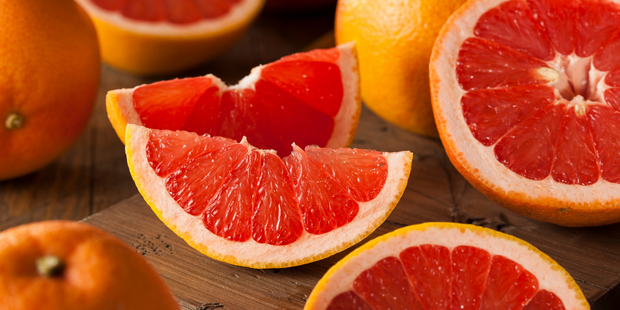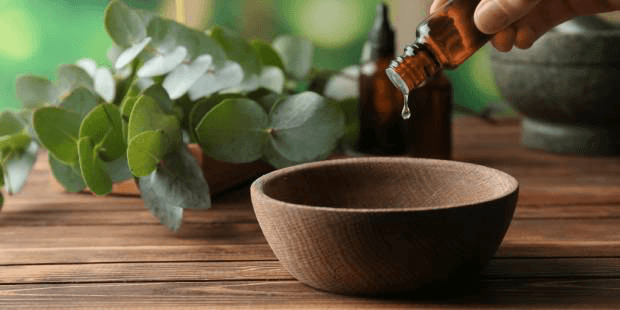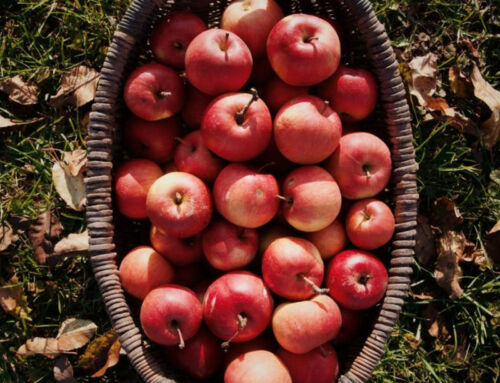Cold temperatures often go hand in hand with the flu. This is why an epidemic is generally observed during the winter season. Flu is a source of discomfort and significant fatigue that may have serious social and health impacts. According to the WHO, about 5 million people globally contract the flu, and more than 500,000 die from it each year.
What causes the flu?
The flu is a viral infection that affects, in particular, the respiratory tract. The causative agent is usually the influenza virus. t is a contagious disease and is often the cause of seasonal epidemics, especially during winter.
Why is the winter almost always associated with influenza epidemics ?

Several hypotheses explain the relationship between winter cold and the flu.
The fact that the flu epidemic peaks during the cold season is explained by the nature of the peplos (virus envelope). This lipid membrane protects the cell against variations in environmental conditions.
In the case of drought and heat, it alters faster. This is why the flu virus barely survives during the hot seasons. Added to this is the increase in light in spring and summer, which promotes the virocidal action of the sun’s ultraviolet rays.
Conversely, winter’s cooler temperatures and increased air humidity are optimal conditions for the flu virus to survive, be active, and spread.
Getting the flu is also related to a weakened immune system from the cold. The cold. dries the airways, starting with the nasal cavities, and thins the mucous membranes. These are the body’s protective barriers. The virus takes advantage of this situation, and infections quickly take hold.

How do you catch the flu?
The flu virus is transmitted mainly through the air, especially during prolonged contact with infected people.
Contamination occurs through droplets that contain the virus from the sneezes and coughs of people with the flu.
Once introduced into the body’s airways, the lipid layer surrounding the virus liquefies. The virus then multiplies and attacks the cells while releasing its genetic material. The parasitised cells then make copies of this virus. When the immune system does not respond strongly enough, the first symptoms of the flu appear.
What are the symptoms of the flu ?
The symptoms of the flu are:
How to prevent the seasonal winter flu
It is possible to avoid the winter or limit the symptoms. Above all, it is important to strengthen your immune defences.
Establish a healthy lifestyle

To do so, it is important to adopt a healthy lifestyle.
- Hydrate.
- Adopt a balanced diet rich in fruits and vegetables to fill up on vitamins.
- Opt for fruits rich in vitamin C: citrus, guavas, cherries, and cassis. Sufficient vitamin intake, particularly Vitamins C and D, boosts the immune system.
- Do regular physical exercises (even light).
In addition, simple actions such as regular hand washing with soap or disinfectant gel are essential to limit the spread of viruses.
Use natural plants
Some plants are particularly well known for their beneficial properties in boosting immunity.
Here are some examples :
- Echinacea: a well-known plant that supports the reinforcement of immunity. By stimulating the immune system, it helps prevent the flu.
- Propolis: produced by bees to protect the colony and prevent winter diseases. Its antioxidant properties help strengthen immunity. To fully benefit from the effects of propolis, take it as a treatment.
- Ravintsara: particularly recommended to deal with fatigue. It helps fight viral or bacterial infections.
- Grapefruit seed extract: the active compounds, bioflavonoids, contribute to the microbial balance of the organs and tissues. Grapefruit Seed extract promotes the body’s resistance.
What to do if you get the flu or flu-like syndrome

Whether it is the flu or flu-like syndrome, you will get better on your own after about a week.
However, when the symptoms are a bit severe, there are different ways to strengthen the body’s natural defences and speed recovery.
If you are an advocate of natural health, these natural active ingredients will help you treat your flu and mitigate the symptoms.
Ginseng
Rich in ginsenosides, sterols, and many vitamins, ginseng stimulates immune defences while helping to reduce the virulence of flu symptoms. This is why it is recommended to help treat winter flu.
Essential Oils (Rosemary, Siberian Fir, Niaouli, Mint, etc.)
Essential oils help cleanse the respiratory tract. Rosemary, Siberian Fir, Niaouli, Mint, and Lemon, Clove essential oils promote the normal and optimal functioning of the respiratory system. Ideally, opt for a synergy of essential oils for optimal effectiveness.
Aloe vera

It is important to clean the nasal cavity to support breathing, especially for your little ones. A solution of seawater and Aloe Vera promotes the formation of a film on the mucous membrane to protect against irritation. This can help limit the progression of infections.
Eucalyptus
Eucalyptus-based products are particularly good for treating winter flu because they are rich in ketones and eucalyptol. Eucalyptus promotes better breathing and helps decongest the airways. It helps alleviate the symptoms caused by the winter flu.
Now you have many natural health avenues to prevent and fight the flu and flu-like syndrome thanks to natural active ingredients.




